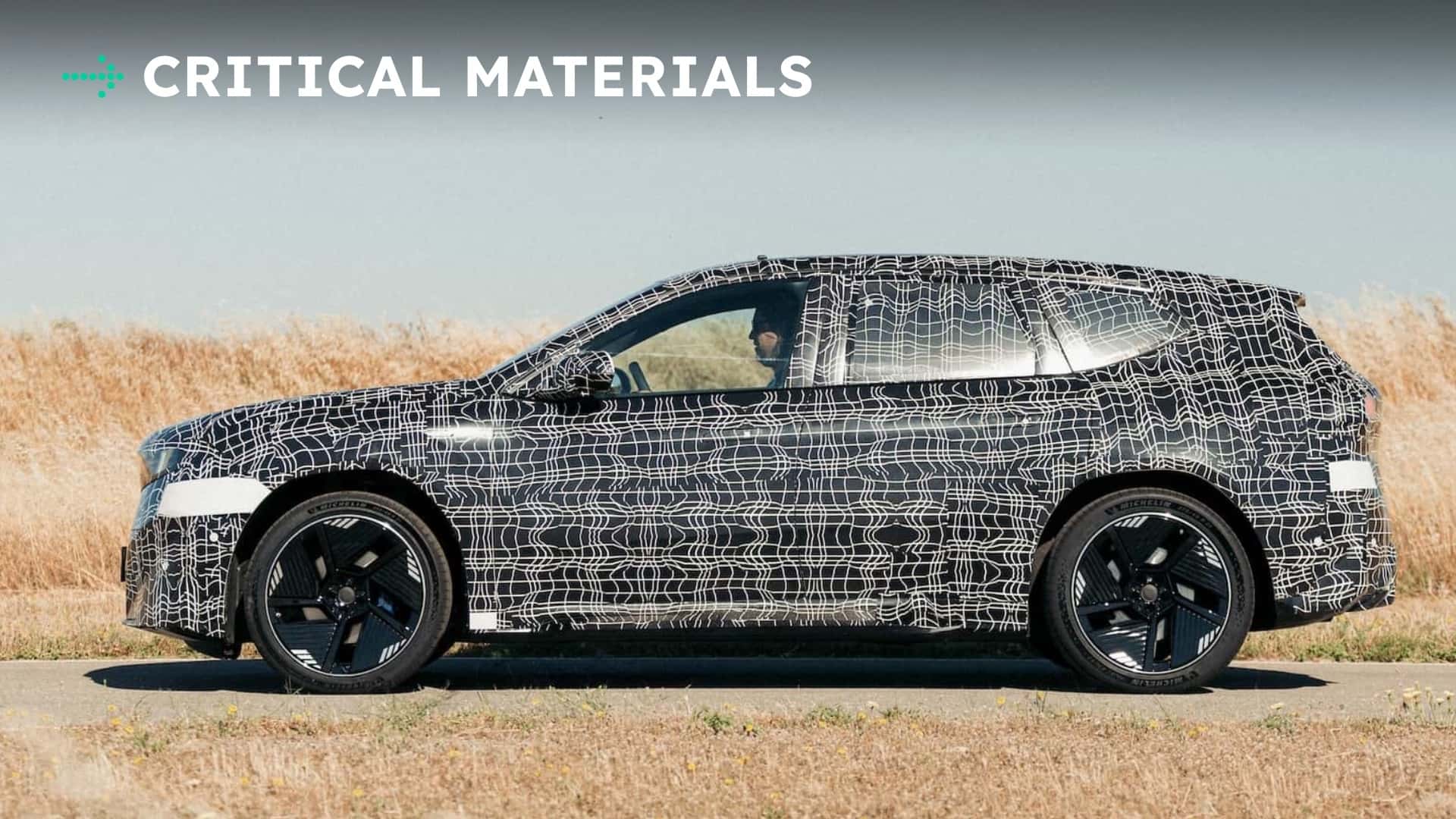
"General Motors and BMW likely would have used U.S.-made batteries for their upcoming EVs if the federal credits weren't ending years ahead of schedule. The $7,500 consumer tax credit helped buyers offset the high cost of EVs, which primarily comes from batteries, while automakers worked to bring more production stateside and localize the supply chain."
"GM and BMW are falling back on China's expertise in battery manufacturing. The Wall Street Journal reported on Thursday that GM will purchase lithium iron phosphate (LFP) batteries from CATL, the world's largest battery manufacturer, for the next-generation Chevy Bolt EV."
"The Chinese government has intervened amid the country's brutal EV price war. Shell will dismantle the Volta charging stations this year. Consolidation is coming for EV charging companies, as they focus on fewer but fancier and higher-powered stations."
"Now, with EV tax credits set to expire on Sept. 30, General Motors and BMW think it makes more sense to return to buying cheap Chinese batteries, at least in the short term."
Manufacturers like General Motors and BMW are shifting back to sourcing batteries from China as U.S. EV tax credits are set to expire. The Inflation Reduction Act had initially aimed to localize manufacturing and reduce reliance on Chinese supply chains. However, with the expiration of EV tax credits, automakers are opting for the expertise and cost-effectiveness of Chinese battery manufacturers like CATL for their upcoming electric vehicles. This shift occurs alongside broader challenges in the EV market, including price competition and charging infrastructure consolidation.
Read at InsideEVs
Unable to calculate read time
Collection
[
|
...
]